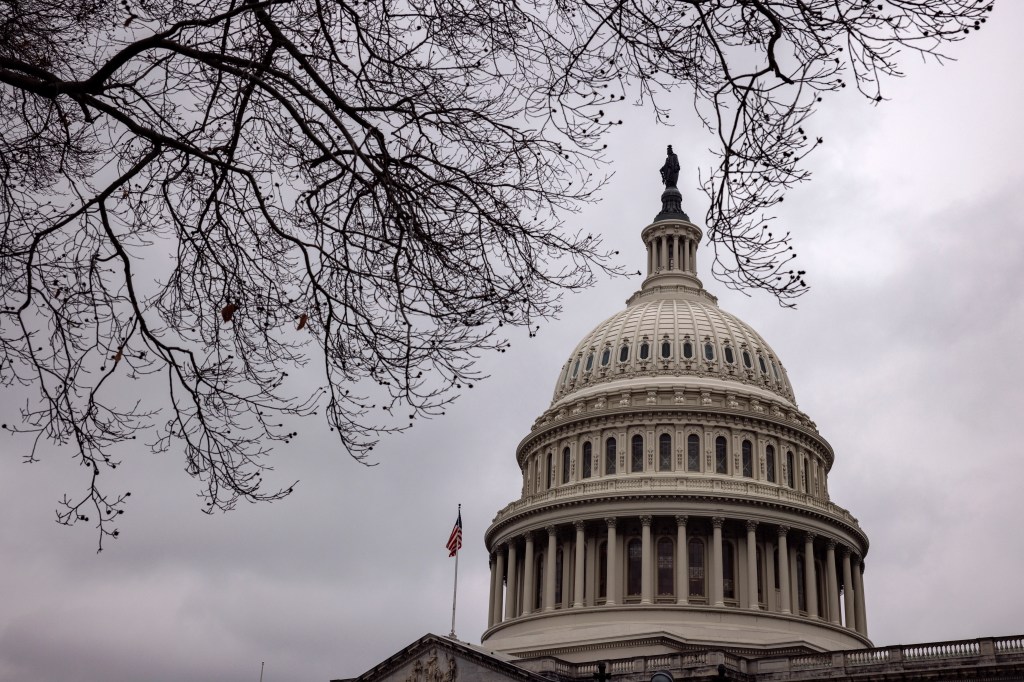Andrea Gacki, Director of the Financial Crimes Enforcement Network (FinCEN), delivered a prepared statement to the Committee on Financial Services in the US House of Representatives this week. It offered a great overview of her agency’s recent directives, technology updates, and international partnerships, plus highlighted upcoming regulatory developments and FinCEN’s role in dealing with ongoing geopolitical events and risks.
Gacki noted how FinCEN, a division of the US Treasury, successfully launched the beneficial ownership information (BOI) reporting system on January 1 and has began accepting BOI reports – more than 430,000 to date.
She said the collection of BOI, “paired with the forthcoming phased provision of access to the database by law enforcement and other authorized users, will close what has long been identified as a gap in the United States’ anti-money-laundering and countering-the-financing-of-terrorism (AML/CFT) regime”.
Gacki also highlighted a few upcoming challenges and updates coming from her agency.
Helping small businesses with BOI
She said that while the vast majority of the small businesses that will be affected by this reporting requirement are law-abiding businesses that want to do the right thing, many of them may not be familiar with FinCEN. The agency’s contact center enables users to submit their questions about filing reports, and its ChatBot provides small businesses and other users with an interactive tool to rapidly answer questions, Gacki noted.
Last year, FinCEN published guidance and helpful scenarios in response to questions on specific ownership structures that have repeatedly come up through different channels of communication and offered feedback on the agency’s identification protocols, specifically to accommodate religious and other communities where the use of a photo identification may not be standard.
Access to BOI
Consequant to the agency’s BOI Access Rule issued in December 2023, it is taking a phased approach to providing access to the BOI filed pursuant to the BOI Reporting Rule, starting this year with a handful of key federal agency users, Gacki said.
“FinCEN believes that starting with a small pilot program of users in 2024 will help further test the system and processes and ensure that any issues can be addressed before expanding access to other users. Making access more broadly available in subsequent stages will help ensure the orderly onboarding of authorized users,” she said.
“Russian oligarchs have exploited this gap in coverage to profit from investments in US hedge funds and private equity firms while undermining US interests and allies around the world.”
Andrea Gacki, Director, Financial Crimes Enforcement Network
This year, FinCEN will be revising the Customer Due Diligence (CDD) Rule, which applies to certain financial institutions, such as banks, and requires them to take steps to identify the beneficial owners of their legal entity customers.
As called for by legislation, FinCEN is now preparing to update the CDD Rule to bring it into conformance with the Anti-Money Laundering Act (AMLA) and Corporate Transparency Act (CTA) – the latter being where the new BOI reporting rules fall – and clarify for financial institutions what the expectations are with respect to BOI reported to FinCEN.
“We are working diligently on these efforts as part of our ongoing implementation work, and we plan to issue a notice of proposed rulemaking for this revision in the coming months,” Gacki said.
Further AMLA implementation
Gacki said FinCEN is busily implementing the AMLA by establishing AML/CFT priorities that will help guide financial institutions in making the best use of their resources to stop financial crimes, formalizing and enhancing FinCEN’s public-private partnerships through the FinCEN exchange program, and enhancing the feedback loops between financial institutions and their AML/CFT regulators and supervisors.
Last year, FinCEN brought on an Innovation Officer, who has helped implement a wide swath of initiatives, particularly in connection with implementing the BOI reporting system.
And the agency is working with the State Department to explore ways to implement the AMLA’s requirement to establish foreign Financial Intelligence Units (FIUs) liaisons, who will build AML and CFT capacity abroad, starting with positions in Mexico and the Middle East. This will help host countries improve their own AML/CFT regimes, plus foster more information sharing to pursue illicit actors who abuse the international financial system, Gacki told the legislators.
Corruption and terrorism
Gacki said FinCEN is “working to address the known risks associated with investment advisers”.
Unlike other key financial market participants, investment advisers are not subject to consistent or comprehensive AML/CFT obligations in the United States, she pointed out.
Gacki stated: “Russian oligarchs have exploited this gap in coverage to profit from investments in US hedge funds and private equity firms while undermining US interests and allies around the world, and Chinese state actors are using investments in early stage companies to access cutting edge technology and undermine our long-standing commitment to competitive innovation and fair play. Accordingly, this week FinCEN issued an updated notice of proposed rulemaking to propose applying AML/CFT requirements pursuant to the BSA, including suspicious activity reporting obligations, to certain investment advisers.”
When it comes to terrorism, Gacki said no issue has been more front and center since she joined FinCEN than addressing the ongoing crisis in the Middle East and identifying steps to aid US allies in Israel. In service of these objectives, she said FinCEN has taken action along these fronts:
- Supporting colleagues at the Office of Foreign Assets Control who have been implementing financial sanctions to degrade and disrupt Hamas’s and other terrorist organizations’ financial networks.
- Working with partners and allies around the globe to increase information sharing and collaboration to tackle terrorist financing. Along those lines, FinCEN is now co-chairing the Counter Terrorist Financing Task Force – Israel (CTFT-I), along with the FIUs of Israel, Germany, and the Netherlands.
- Directly engaging with stakeholders, including financial institutions, to ensure they are taking steps to prevent illicit financial flows to these organizations through such means as issuing a public alert to financial institutions to drive suspicious activity reporting and convening a FinCEN Exchange event on the topic.















